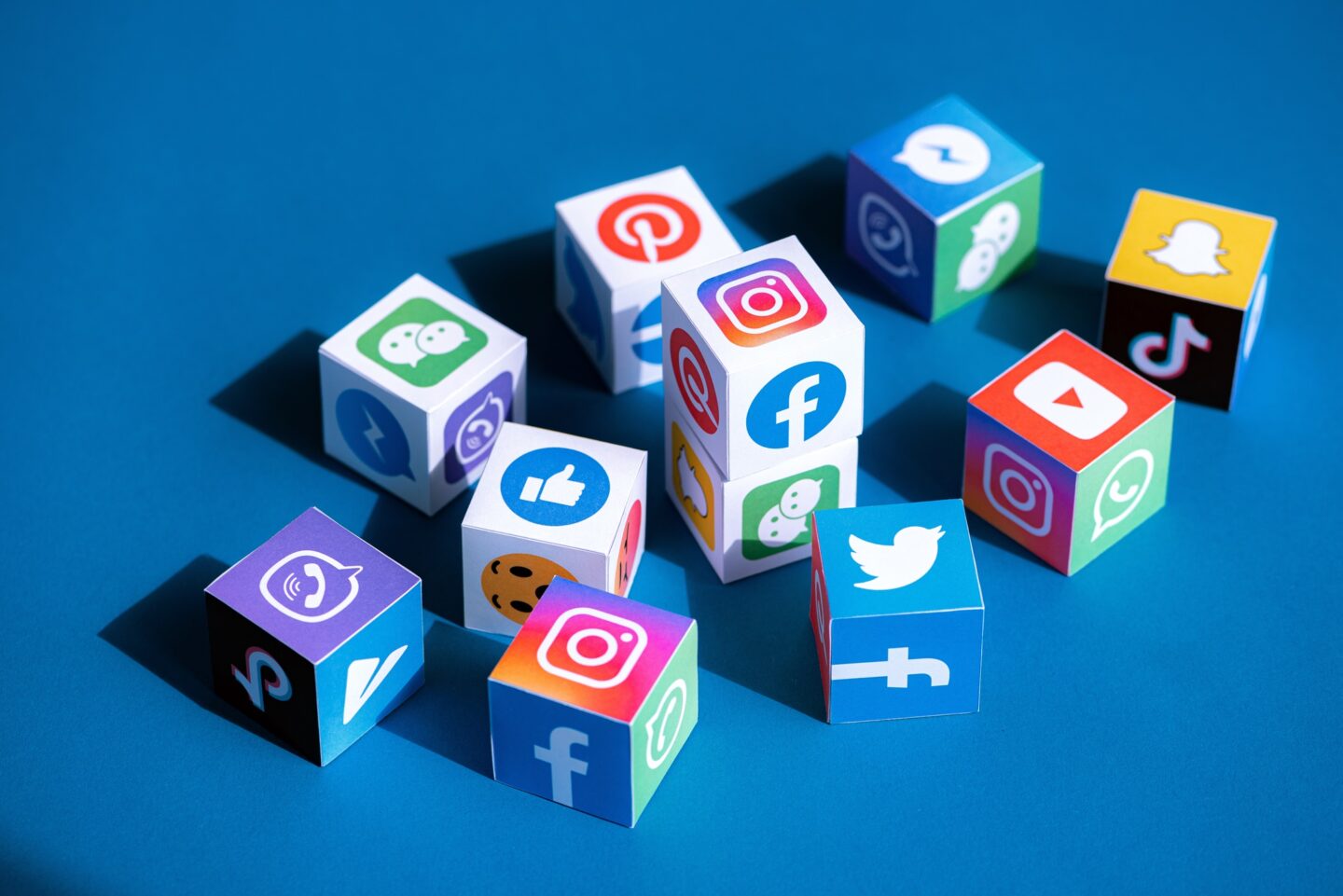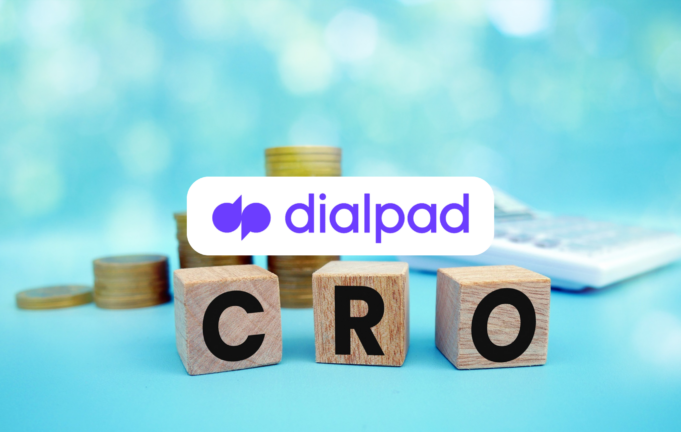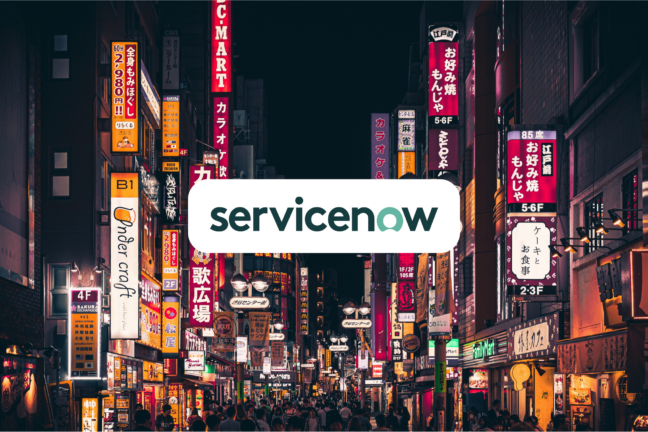Imagine a world where nearly half of your social media content is crafted by artificial intelligence. By the looks of it, brands are relying on Gen AI for their content creation strategy. According to Capterra’s latest survey, businesses plan to leverage generative AI for an average of 48% of their social media content by 2026, up from 39% in 2024.
Companies are excited about GenAI's potential to enhance engagement, boost productivity, and save costs while also fostering human creativity. However, there are significant concerns about the risks of spreading misinformation through AI-generated content.
“The need for human supervision remains critical, as errors and issues such as factual inaccuracies, plagiarism, and bias are common. Businesses must practice a human-in-the-loop strategy, ensuring human review and editing of AI-generated content before publication,” said Molly Burke, Senior Marketing Analyst at Capterra.

Leading the way in genAI use
Regions like Canada, Australia, the U.S., and Brazil are currently at the forefront of using GenAI for social media content. Over the next 18 months, significant increases in GenAI use are expected in the U.K., Australia, Brazil, Canada, and Spain. English-speaking countries have an advantage due to the predominance of English-language internet content, giving them a head start with GenAI tools.
What are the reasons for its adoption?
GenAI's ability to enhance productivity is a key reason for its adoption in social media marketing. Businesses report that GenAI helps streamline workflows, generate ideas, automate routine tasks, and create personalized content for specific audiences. Nearly all (90%) businesses using GenAI for social content report moderate to significant time savings, and 73% have seen increased engagement and impressions from GenAI-assisted content.
In addition, 49% of businesses say that GenAI-assisted content performs better than content created solely by humans. However, the rise of GenAI also raises concerns about preserving the value of human creativity, with 40% of businesses questioning the role of human input.
Yes to authenticity, no to misinformation
Despite its advantages, GenAI poses risks like potential blandness and the spread of misinformation, necessitating careful oversight to ensure quality and accuracy. Maintaining authenticity is cited as a top challenge by 43% of businesses, followed by ensuring that AI-generated content resonates with audiences (35%). Moreover, 94% of businesses worry about the potential for GenAI to spread misinformation.
Safety comes first
To leverage GenAI responsibly, businesses must establish formal policies and adopt best practices. Creating a formal internal policy helps align stakeholders on use cases and best practices to ensure safety, legal compliance, and brand alignment. Using both internal and external metrics to measure GenAI effectiveness is necessary, as it helps track performance and understand the true cost and impact on employee morale. As businesses increase their investment in GenAI, they must navigate its challenges and benefits, ensuring the technology supports rather than replaces human marketers.









